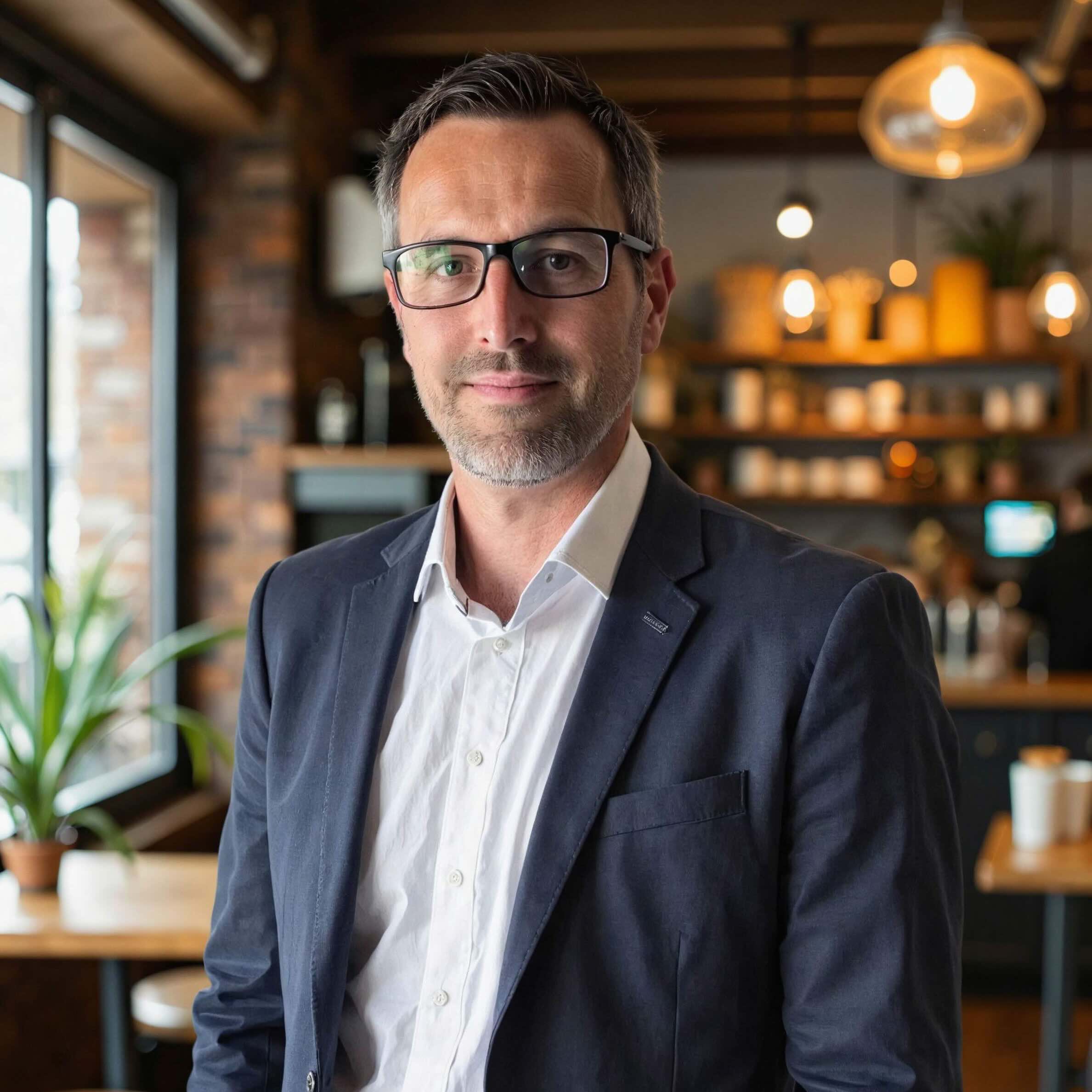Inside of you lives a coward.
This coward is obsessed with self-preservation, self- protection, avoidance of risk, harm to reputation, failure, self- disappointment, and wishful thinking. The coward engages in frequent doubt, blame, regret, self-loathing, and catastrophizing.
But, also inside of you lives the capacity for unspeakable bravery.
Bravery is doing the right thing even in the face of fear, following intuition where it leads, acting where others shrink from opportunity, defending those who cannot defend themselves, boldly speaking your ideas into the world, and sacrificing what’s necessary to bring them into existence.
No one aspires to cowardice, yet many still choose it every day. They fail to speak up because they’re afraid of being wrong. They take the easier, more comfortable path instead of the one that could lead to immense return on their effort. They join the crowd instead of standing firm against the populist tide. They justify their cowardice as prudence.
And that’s the funny thing about cowardice: it often comes disguised as wisdom.
No one chooses to be a coward, or at least they don’t call it that. They argue that they are doing the most practical thing.
“I can’t share my idea in the meeting because it may not be ready for prime time yet, and I don’t want to risk being laughed at. The wisest thing is to just wait.”
“Someone else is probably more equipped than I am to take on that project, so the wisest thing is to just pass.”
“Even though I disagree on principle, if I side with the popular opinion now, I can spend that political capital later to achieve my goals.”
“I shouldn’t have that difficult conversation with Jill because it’s just going to lead to a miserable month at the office. The best thing is to hope the situation resolves itself.”
Each rationale seems wise, but is it? Is it possible that these are simply excuses we make for our own cowardice?
There is nothing wrong with desiring comfort, but rarely is the comfortable path the most gratifying one. As poet Khalil Gibran wrote in The Prophet, “Verily the lust for comfort murders the passion of the soul, and then walks grinning in the funeral.”
If you feed your cowardice, you slowly murder your own soul.
However, you have the choice to be brave. You can train yourself to act instead of deferring, to speak instead of holding your tongue, and to embrace discomfort instead of shunning it. You can develop the habit of bravery. Through everyday practice, you can build a deep reserve of courage ready to deploy at a moment’s notice. You can turn bravery from a difficult decision into an instinct.
“Verily the lust for comfort murders the passion of the soul, and then walks grinning in the funeral.” – Khalil Gibran, The Prophet
When brave decisions are made, two things tend to be present: (a) a vision of a better possible future, and (b) a sense of agency to help bring it about.
When you lack either a clear optimistic vision or a sense of agency, you are more prone toward cowardice. You might want to do the right thing, but unless you have clarity about what right is, you will inevitably gravitate toward either reactivity or comfort. And, without a sense of agency, you may feel that any effort would be futile anyway.
So, as you consider the big decisions you’re facing right now, ask yourself:
- Do I have a clear vision for what a better future would look like in this area?
- Why should I believe that I can help make that future happen?
Remind yourself of who you are, what you value, where you’re going, and how you believe you can get there. By doing so often, you prepare yourself to rise to the moment.
Excerpted from The Brave Habit: A Guide To Courageous Leadership













